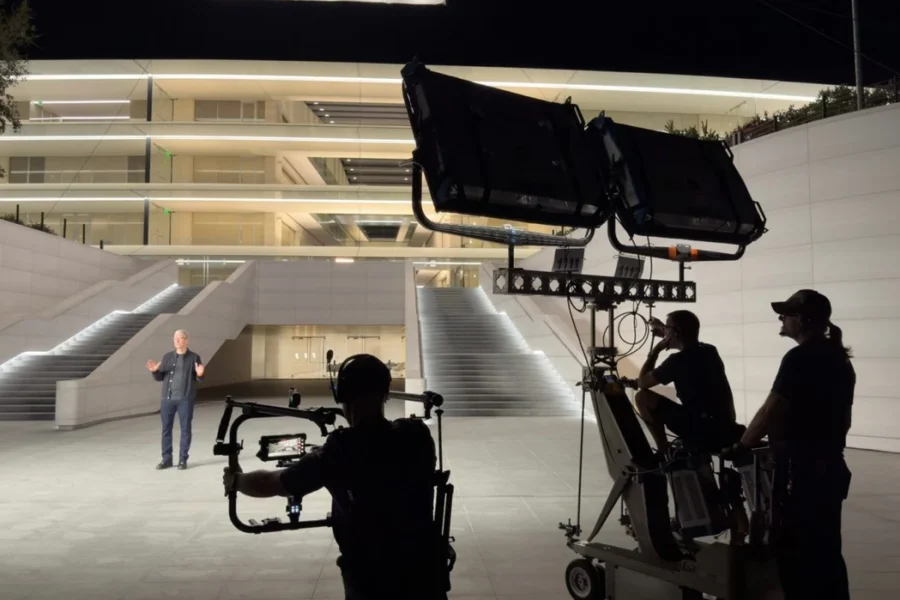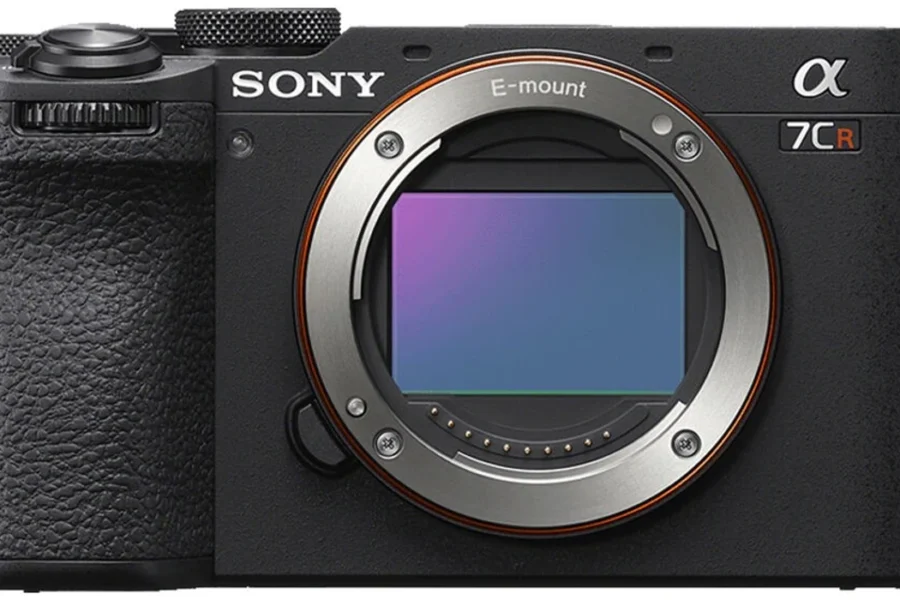If you haven’t been disconnected from the internet in the past year, you’re likely aware of the immense buzz surrounding director Greta Gerwig’s highly anticipated film, Barbie. I’m confident in labeling it as a hit even before its release, and there are several factors that contribute to its potential success, regardless of critics’ opinions. From the emergence of Barbie-core, the memorable red carpet appearances by Margot Robbie, the intriguing Oppenheimer v. Barbie rivalry that future generations will envy, this movie has already achieved cult status and will undoubtedly endure the test of time.

This Is Why the Original ‘Barbie’ Writer Said She “Sh*t the Bed”

Who even is Barbie?
If you haven’t been disconnected from the internet in the past year, you’re likely aware of the immense buzz surrounding director Greta Gerwig’s highly anticipated film, Barbie. I’m confident in labeling it as a hit even before its release, and there are several factors that contribute to its potential success, regardless of critics’ opinions. From the emergence of Barbie-core, the memorable red carpet appearances by Margot Robbie, the intriguing Oppenheimer v. Barbie rivalry that future generations will envy, this movie has already achieved cult status and will undoubtedly endure the test of time.
However, this level of triumph and enthusiasm wasn’t always present in the entertainment industry when it came to the perpetually relevant yet divisive fashion doll.
The concept of a Barbie film has been in circulation for nearly a decade. Initially, Sony Pictures held the rights to Barbie and dedicated years to bringing the project to fruition. Amy Schumer and Anne Hathaway were initially attached to the film but later parted ways. Similar changes occurred with the creative team responsible for bringing the Barbie movie to life.

In 2018, Diablo Cody, the Academy Award-winning screenwriter of Juno, was given the responsibility of writing a Barbie movie for Sony. However, she ultimately left the project, expressing her struggle to deliver a script centered around Barbie. Speaking to ScreenCrush, she admitted, “I was completely unable to produce a draft for Barbie. I genuinely made every effort.”
In a recent interview with GQ magazine, Diablo Cody reflects on her unsuccessful attempt to write the Barbie movie and acknowledges the reasons behind her struggle, which Greta Gerwig and Noah Baumbach, her co-writers, were able to overcome.
Cody explains, “I think I understand why I failed to deliver. When I initially took on the project, I don’t believe the culture had fully embraced the femme or bimbo as valid feminist archetypes yet. If you explore Barbie on TikTok today, you’ll discover this fantastic subculture that celebrates femininity. However, back in 2014, it was a daunting task to transform this slender, blonde, white doll into a heroine.”
It appears that Cody aimed to portray Barbie as a bimbo archetype, similar to the long-standing acceptance of the himbo male archetype. Yet, women in the film industry have often been constrained to fit a narrow mold of feminism to appeal to a broader audience. We are still in a time when “female-centric” entertainment is sometimes dismissed as low-art, highlighting the challenges faced by women in the industry.

Fortunately, this notion has found traction, largely attributed to TikTok and its embrace of micro-archetypes, as well as the emergence of a new wave of feminism following the #MeToo movement.
TikTok has played a significant role in popularizing and celebrating diverse micro-archetypes, including the redefinition and appreciation of femininity. It has provided a platform for different voices and perspectives to flourish, fostering a more inclusive understanding of what it means to be a woman in contemporary society.
Moreover, the #MeToo movement has sparked a broader conversation about gender equality, empowerment, and challenging traditional stereotypes. As a result, feminism has evolved and become more nuanced, acknowledging the validity and strength in embracing various aspects of femininity.
These cultural shifts and the acceptance of micro-archetypes have created a more conducive environment for exploring and reimagining characters like Barbie, allowing for a greater range of feminist interpretations and narratives to emerge.
Another crucial aspect to consider is that Barbie has a complex history, but she has consistently evolved and reflected cultural notions of femininity in a world predominantly influenced by male perspectives. In a time when baby dolls were prevalent, Barbie emerged as the first fashion doll. With her diverse representations, encompassing various races, ethnicities, body types, sizes, and disabilities, she knows no boundaries. However, it’s possible that Hollywood executives fail to recognize the infinite potential of a doll’s story.
This factor posed a constant challenge for Cody as she attempted to draft the screenplay, especially when the studio kept pushing for a concept akin to Warner Bros.’ immensely successful animated meta-comedy, The Lego Movie. The Lego Movie achieved worldwide box office earnings of $468 million (according to Box Office Mojo) and even garnered an Oscar nomination for Best Original Song.
Cody revealed her struggle in the interview with GQ magazine, stating, “Throughout the development process, I constantly heard references to The Lego Movie, which presented a problem for me because they had executed it so brilliantly. Every time I explored something meta, it felt too similar to what they had already done. It became a creative roadblock. However, enough time has passed now that they could cast someone like Will Ferrell, who played the antagonist in The Lego Movie, as the antagonist in a live-action Barbie film, and nobody would mind.”
The pressure to emulate the success of The Lego Movie hindered Cody’s creative process, but with the passage of time, the comparisons have become less significant, opening up new possibilities for the portrayal of Barbie in a live-action adaptation.

Following the unsuccessful attempts to bring Barbie to the big screen, Mattel eventually reclaimed the rights to the iconic doll and embarked on a search for the ideal creative collaborator who could truly capture Barbie’s essence in a cinematic adaptation. They found their champion in Margot Robbie, who not only stars as the main character in Barbie but also played a significant role in championing the project. Alongside Robbie, Greta Gerwig was chosen as the writer and director, further bolstering the film’s creative team.
Notably, the speculation surrounding Margot Robbie’s movie choices, fueled by an infamous Letterboxd account that hinted at films she may have been watching for inspiration, only heightened the anticipation and buzz surrounding the Barbie movie. With all these factors aligning, it appears that the film’s success in the current cultural landscape is virtually inevitable.
“The right place at the right time” remains a mantra in Hollywood that continues to hold true.
In the industry, there are instances where a phenomenal story effortlessly enters development and achieves moderate success, launching the career of its creator. On the other hand, there are exceptional narratives that, despite their brilliance, may not resonate with the world at that particular moment. These stories might be deemed too progressive or ahead of their time for the mainstream audience, as perceived by the Hollywood executives who hold the power to greenlight scripts. However, this should not undermine the significance of the story you wish to tell. Your narrative has a rightful place in cinema; it simply awaits its moment to shine.
As a writer, it is your role to attentively observe the world around you, gauge its pulse, and contemplate how to channel that energy into a story that resonates with you. Do not be disheartened if your screenplay does not sell immediately. Persist in writing and refining your narrative, continually honing your craft. Do not abandon your dream of storytelling, for the stories that matter to you will inevitably hold significance for others in due time.













Leave a Comment